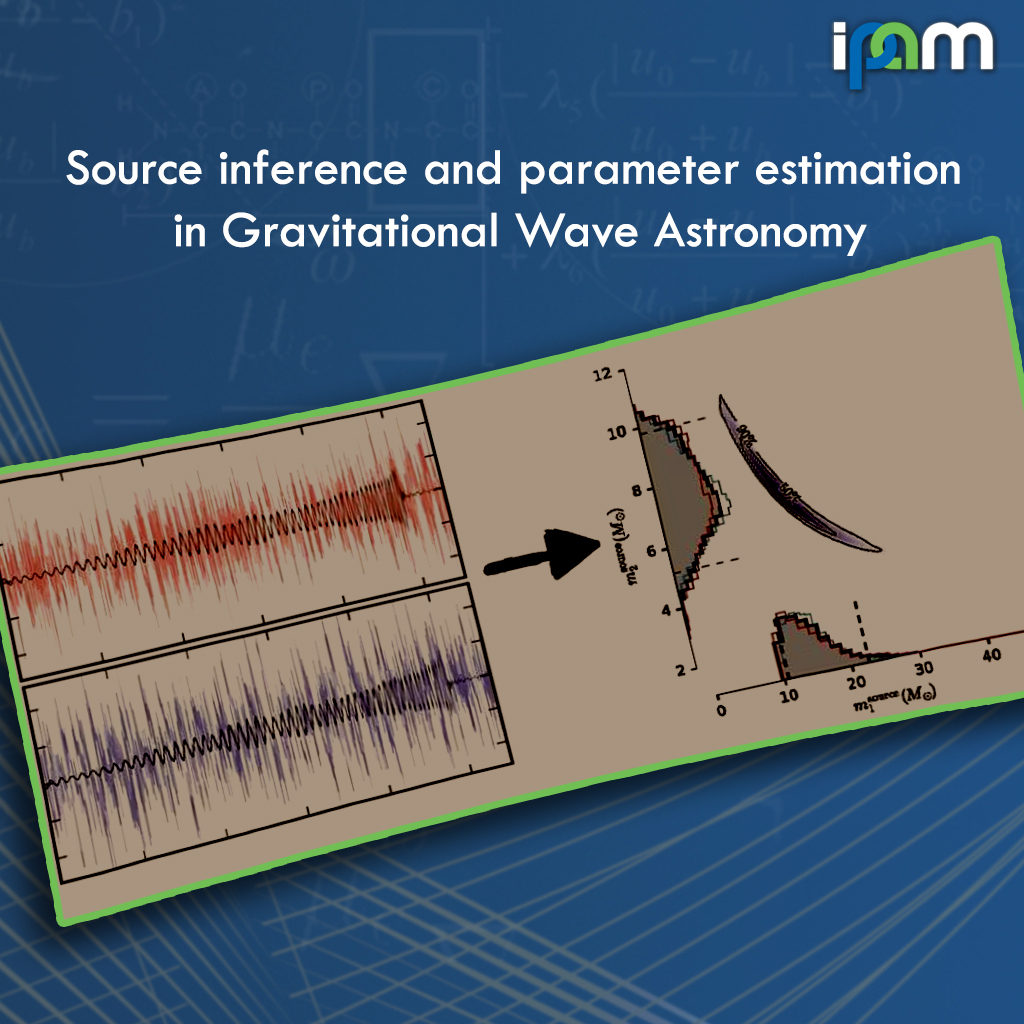Real-time gravitational-wave parameter estimation using machine learning
Presenter
November 17, 2021
Abstract
Recorded 17 November 2021. Stephen Green of the Max Planck Institute for Gravitational Physics, Albert Einstein Institute presents "Real-time gravitational-wave parameter estimation using machine learning" at IPAM's Workshop III: Source inference and parameter estimation in Gravitational Wave Astronomy.
Abstract: Bayesian inference provides the statistical framework for characterizing gravitational-wave sources. This is usually combined with a stochastic method such as MCMC to build up samples from the posterior. Although highly successful, these approaches are costly (due to repeated waveform evaluations) and they impose restrictive assumptions on detector noise (stationarity and Gaussianity). In this talk, I describe a powerful alternative using simulation-based inference combined with neural density estimators. The approach is to use expressive neural networks such as normalizing flows to build surrogates to the posterior. These networks are trained using simulated data, and enable fast-and-accurate inference for any observed data consistent with the training distribution. For binary black holes we demonstrate inference in seconds on real data, accounting for detector nonstationarity from event to event, and with results nearly indistinguishable from MCMC. I will discuss future prospects, including extensions to binary neutron stars and realistic noise.
Learn more online at: http://www.ipam.ucla.edu/programs/workshops/workshop-iii-source-inference-and-parameter-estimation-in-gravitational-wave-astronomy/?tab=schedule
